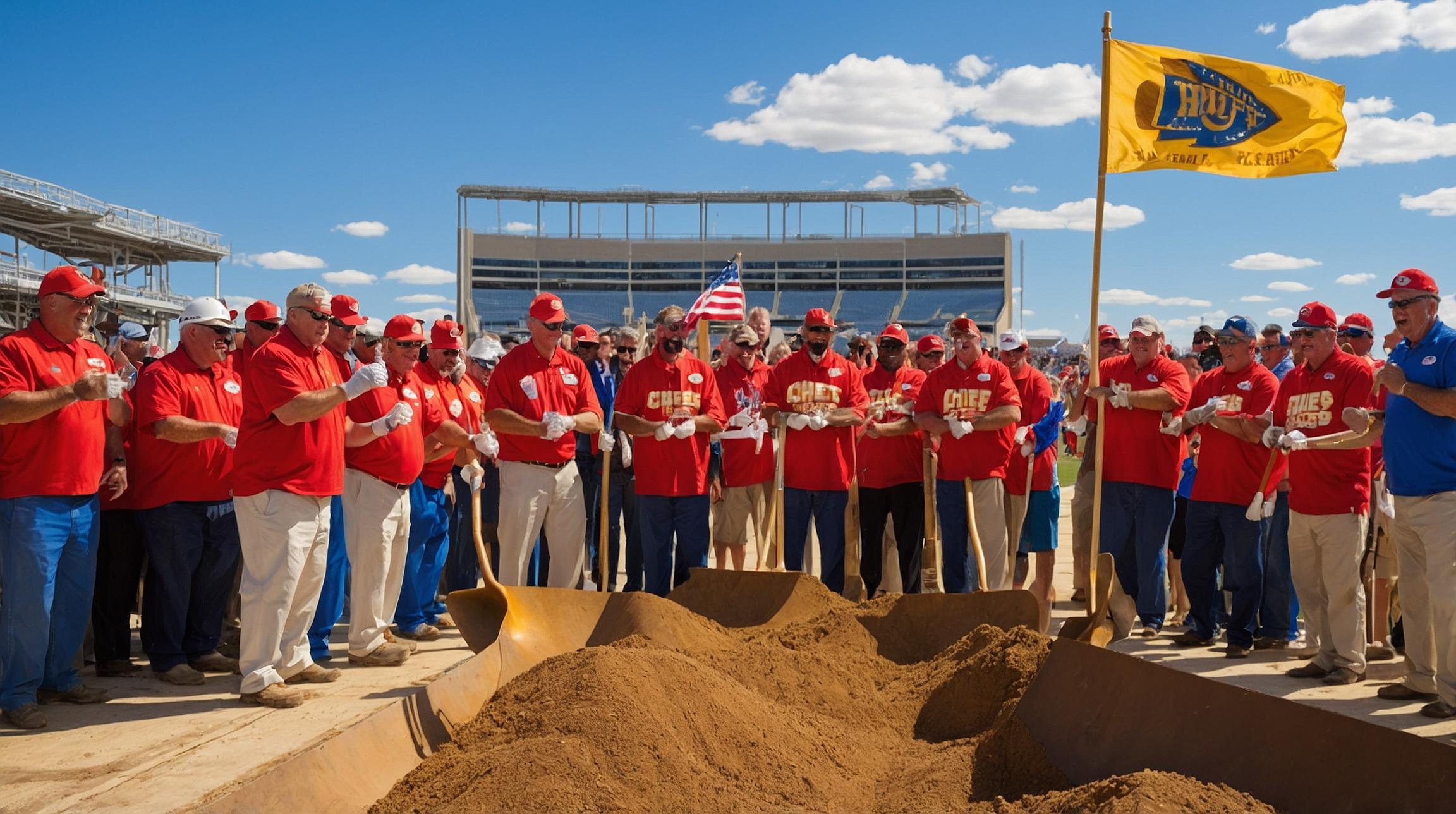Kansas Lawmakers Approve Plan to Lure Chiefs from Missouri
Kansas legislators have passed a plan to finance a new stadium to move the Kansas City Chiefs and the Kansas City Royals from Missouri to Kansas. This bipartisan plan aims to make Kansas a professional sports powerhouse.
New Stadium Financing
The Kansas Legislature, which is Republican-controlled, approved a bill allowing the state to issue bonds to cover up to 70% of the costs for a new stadium. The other 30% of the costs would likely be covered by the Chiefs’ private funds. The goal is to build new stadiums and move the teams' practice facilities to the Kansas side of the metropolitan area.
Paying off the Bonds
Kansas plans to pay off the bonds over 30 years using revenues from:
- Sports betting
- Kansas Lottery ticket sales
- New sales and alcohol taxes from shopping and entertainment districts around the new stadiums
Approval and Political Climate
The vote was 84-38 in the House and 27-8 in the Senate. Democratic Governor Laura Kelly praised the effort but did not confirm if she will sign the bill. She emphasized that Kansas could become a professional sports powerhouse.
Economic and Tax Impacts
Top Republicans promised the stadium proposal would not be debated until income and property taxes were cut by $1.23 billion over three years. Many lawmakers argued that Kansas voters would be angry if the state financed new stadiums without providing tax cuts. Senate President Ty Masterson highlighted the need to show they are providing relief to citizens.
Challenges and Opposition
The Conservative groups like Americans for Prosperity and Kansas Policy Institute oppose the plan, stating that subsidies for businesses or projects are not beneficial. Economists like Andrew Zimbalist argue that subsidizing stadiums often doesn't pay off and merely shifts funds from other entertainment options.
Missouri's Position
Missouri officials, including Kansas City, Missouri, Mayor Quinton Lucas, stressed that the teams are in a strong position for leverage. They have not outlined specific proposals but stated they would do whatever it takes to keep the teams. The lease on the current stadium complex runs through January 2031, but planning renovations should begin seven to eight years in advance.
Conclusion
Supporters of the stadium plan believe it will bring new tax revenues and development that otherwise wouldn’t occur. Critics argue this could simply shift economic benefits from one area to another, making it a zero-sum game.
Key Message: Kansas is stepping up with a strong financial plan to lure major league teams and become a significant player in the professional sports arena, but the economic and political implications are widely debated.













